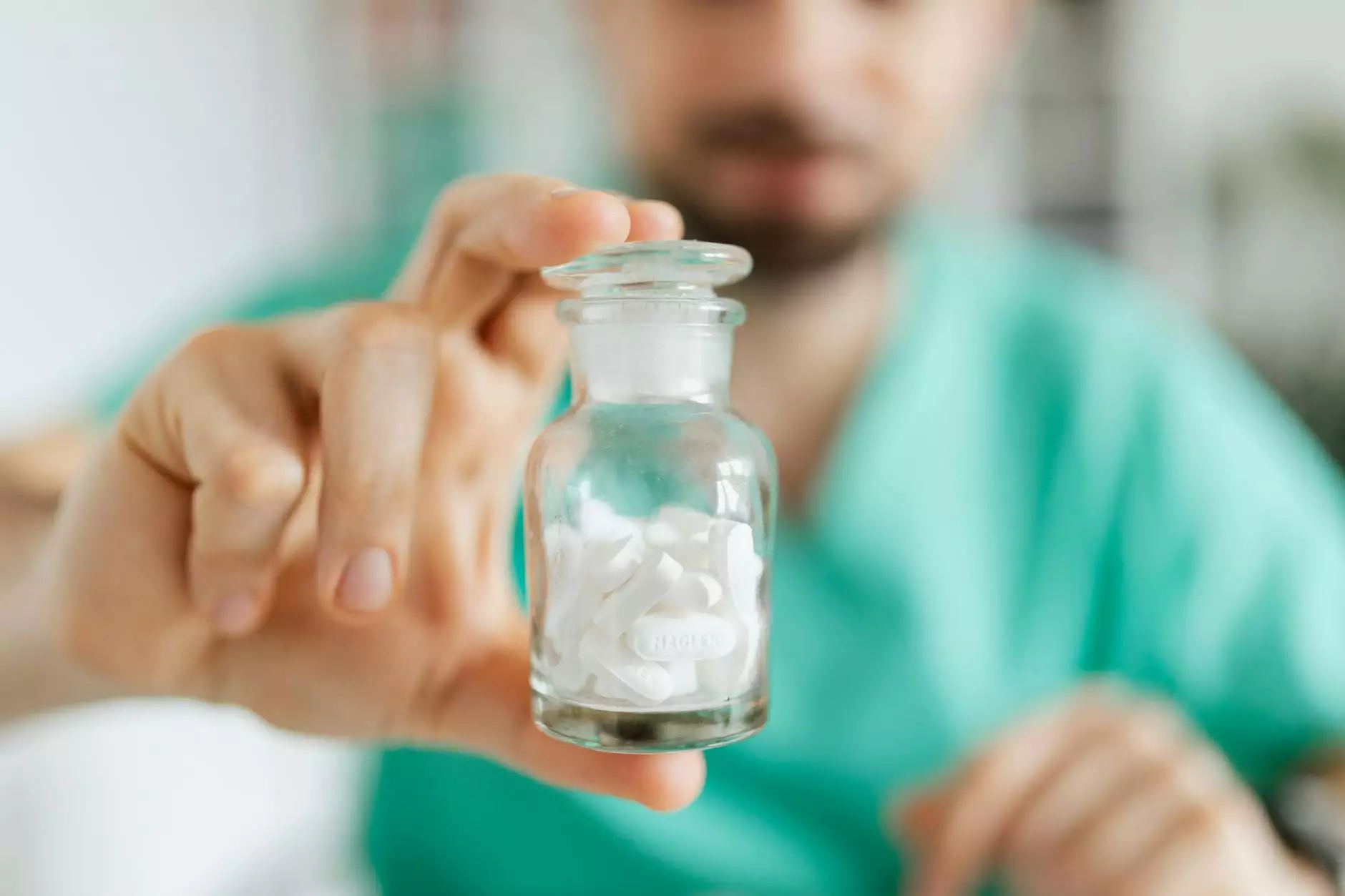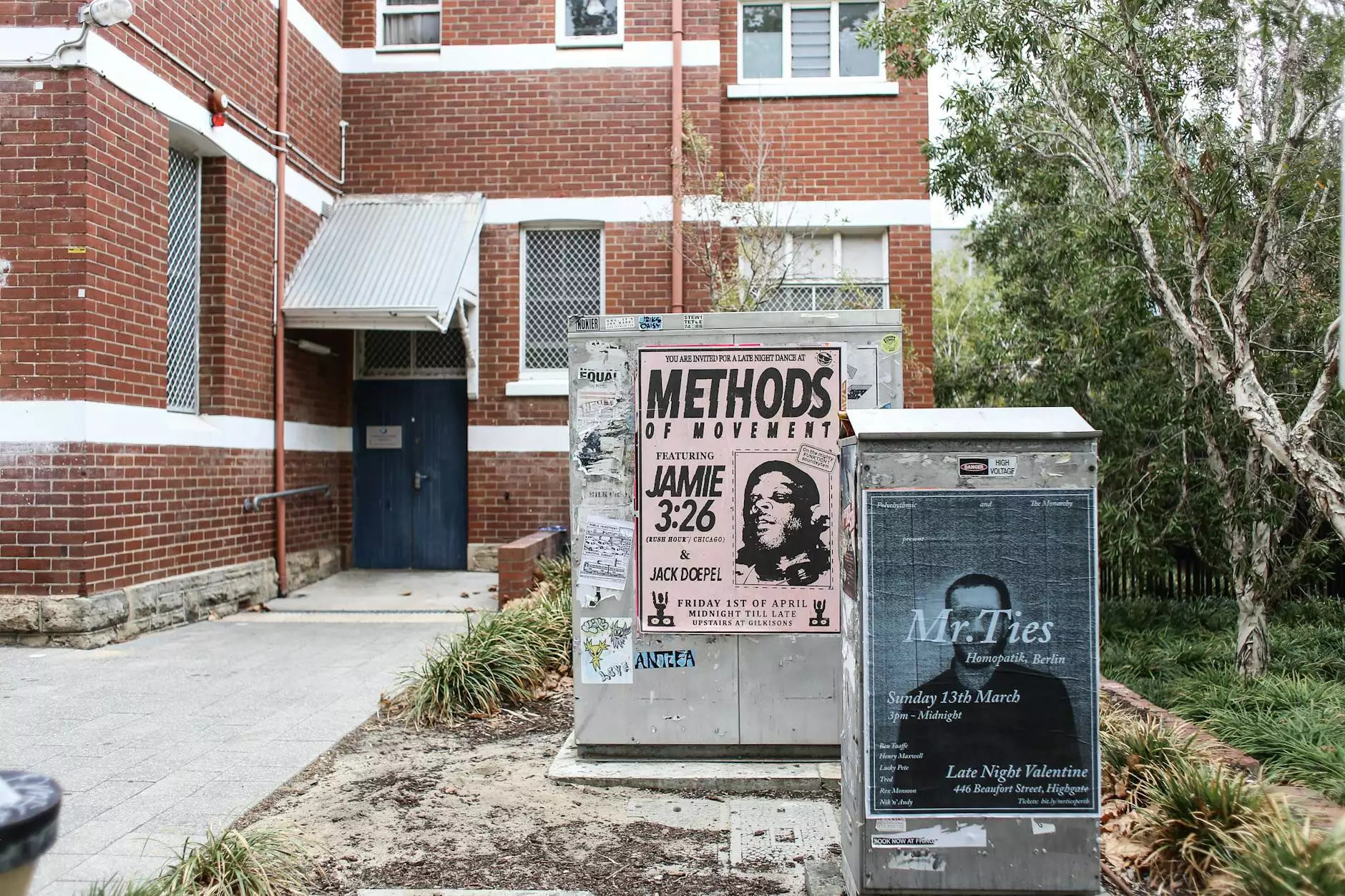The Vital Role of Pharmacy and Addiction Medicine

In today's fast-paced world, the significance of pharmacy and addiction medicine cannot be overstated. As healthcare continues to evolve, these fields play a critical role in enhancing patient outcomes and providing comprehensive support for individuals suffering from various conditions, including substance use disorders. This article delves into the integral aspects of these disciplines, exploring how they intersect, the challenges they face, and their contributions to public health.
Understanding Pharmacy
Pharmacy is a health profession focused on the safe and effective use of medications. Pharmacists are highly trained professionals who specialize in acquiring, compounding, and dispensing pharmaceuticals. They ensure that patients receive the correct medications and understand how to use them effectively. The field of pharmacy encompasses a broad range of services, including:
- Medication Management: Pharmacists perform medication reviews and therapy management to help patients achieve optimal therapeutic outcomes.
- Patient Counseling: They provide essential information about medications, including dosages, side effects, and potential interactions.
- Health Screenings: Many pharmacists conduct health screenings for conditions such as hypertension and diabetes, contributing to preventative care.
- Chronic Disease Management: Pharmacists work closely with patients managing chronic conditions, offering guidance on adherence and lifestyle modifications.
The Role of Addiction Medicine
Addiction medicine is a specialized field focusing on the prevention, diagnosis, and treatment of addiction and substance use disorders. This discipline recognizes addiction as a complex condition that affects behavior, brain function, and overall health. Professionals in this field employ various therapeutic modalities to support recovery, including:
- Medication-Assisted Treatment (MAT): This incorporates the use of medications such as buprenorphine, methadone, and naltrexone alongside counseling and behavioral therapies.
- Cognitive Behavioral Therapy (CBT): CBT is commonly used to address the psychological aspects of addiction and help patients develop coping strategies.
- Support Groups: Facilitating connections with support networks, such as Alcoholics Anonymous (AA) or Narcotics Anonymous (NA), is a vital part of comprehensive addiction care.
- Relapse Prevention Strategies: Educating patients on triggers and providing tools to prevent relapse is crucial in the recovery process.
Integrating Pharmacy and Addiction Medicine
The integration of pharmacy and addiction medicine is essential for delivering comprehensive care to individuals facing substance use disorders. Pharmacists serve as crucial allies in the recovery journey, providing:
- Access to Information: Pharmacists educate patients about the medications used in addiction treatment and their effect on the body.
- Monitoring and Follow-Up: Regular follow-ups by pharmacists can help assess the effectiveness of medications and identify any side effects.
- Support in Medication Adherence: They play a vital role in ensuring patients understand their treatment regimens and the importance of adherence.
Challenges Faced in Pharmacy and Addiction Medicine
Despite the critical contributions of pharmacy and addiction medicine to public health, both fields face several challenges:
- Stigma: The stigma surrounding addiction can discourage individuals from seeking necessary treatment and support from medical professionals.
- Lack of Resources: Many regions experience a shortage of qualified healthcare providers specializing in addiction medicine.
- Regulatory Restrictions: Strict regulations on medications used in addiction treatment can impede access for patients who need them.
- Continuing Education: With the continuous evolution of treatment protocols, both pharmacists and addiction specialists must engage in lifelong learning to stay current.
The Future of Pharmacy and Addiction Medicine
The future of pharmacy and addiction medicine is promising, especially with advancements in technology and an increasing recognition of the importance of mental health. Potential improvements include:
- Telehealth Services: The rise of telemedicine has made it easier for patients to access care from the comfort of their homes, increasing therapy accessibility.
- Enhanced Collaborative Care Models: Encouraging a multidisciplinary approach where pharmacists, physicians, and mental health professionals work together can improve patient outcomes.
- Research and Development: Ongoing research into new medications and treatment methods will help refine approaches to addiction care.
- Public Awareness Campaigns: Increasing awareness about the role of pharmacists in addiction treatment can foster greater community support and engagement.
Conclusion
In conclusion, the fields of pharmacy and addiction medicine are fundamental in addressing the complex challenges associated with substance use disorders. By working together, these professions can ensure a more holistic approach to treatment, providing individuals with the tools they need to achieve lasting recovery. The unwavering commitment to patient care demonstrated by these professionals is essential to fostering healthier communities and reducing the stigma surrounding addiction. For more information and support regarding addiction treatment and medications, visit https://alprazolam-xanax.com.









